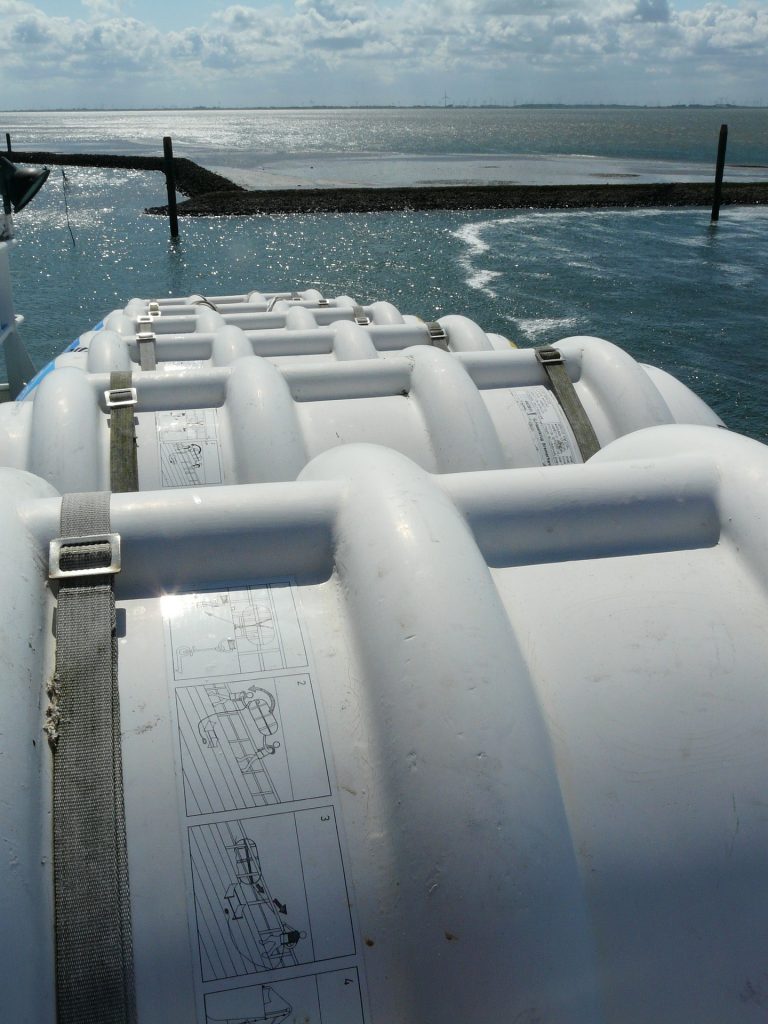On July 26, 2016, an emergency water discharge occurred at the Tsurumi Power Plant in Tokyo. The emergency water discharge was caused by an accumulation of rainwater that exceeded the capacity of a storm overflow pipe, which then overflowed into a nearby river. This emergency water discharge is not uncommon and can happen anywhere where there are rivers or waterways near power plants. Lest now discuss: -What emergency water discharge is -How emergency water discharges occur -Effects of emergency water discharges.
What is an emergency water discharge: An emergency water discharge is the release of large amounts of untreated or partially treated sewage into rivers, seas, and other surface waters. It’s important to note that emergency water discharges are usually caused by heavy rains which cause storm overflow pipes to be overwhelmed with rainwater, sending it directly into nearby waterways instead of storing it in treatment basins for processing
How do emergency water discharges occur:
There are many different ways emergency water discharges can happen, but they all share the same result- releasing millions (or billions) of gallons of raw sewage into local bodies of water at once! The most common way this happens is when there’s an accumulation of untreated wastewater due to a lack of capacity in storage tanks/pipes within power plants or treatment facilities.
What emergency water discharge means for you:
Emergency water discharges usually happen on a smaller scale, but they are just as damaging- polluting the waterways that you use daily with harmful pathogens and microbes! You can help avoid emergency water discharges by contacting your local power plant to see how you can contribute to keeping our waters clean!
Why is this important?
Emergency water discharges of sewage and wastewater to local bodies of water are a huge problem, not only for the environment but also for you! When emergency water discharge happens, it affects everyone who uses that particular body of water- either by exposing them to unnecessary health risks or preventing them from using these waterways at all.
To sum up: emergency water discharges can happen on small scales which might seem less important than their larger counterparts, however, they’re still just as harmful. You can help avoid emergency water discharges by contacting your power plant with any concerns about how they deal with untreated wastewater/sewage in order to keep our waters clean! Keep this in mind while going about your day so we can help keep our water clean and safe.
As always, emergency discharges should be reported to the appropriate authorities for immediate action.
Emergency Water Discharge is never something anyone wants to hear- so remember this article next time it rains hard outside! If you ever want more information about emergency water discharge feel










